x
Turning science into breakthroughs
Paving the way for important discoveries to accelerate the development of therapeutics and diagnostics for cancer
In February 2021, Dana-Farber Cancer Institute and Deerfield Management Company, a healthcare investment management firm focused on advancing healthcare through investment, information and philanthropy, have formed a major translational research partnership to accelerate the development of therapeutics and diagnostics for cancer. Over the next ten years, Deerfield has committed up to $130 million to advance research at Dana-Farber and translate scientific discoveries with potential applications for patients.
Building on Dana-Farber’s history and strong foundation of scientific leadership, innovation and drug development, Riverway Discoveries will support the preclinical development, spurring commercialization to help advance the most promising research expeditiously. Through this collaboration Deerfield will provide funding and operational support for accepted proposals.
Deerfield is a healthcare investment management firm committed to advancing healthcare through investment, information and philanthropy. For more information, please visit www.deerfield.com.
Dana-Farber Cancer Institute is one of the world’s leading centers of cancer research and treatment. Dana-Farber’s mission is to reduce the burden of cancer through scientific inquiry, clinical care, education, community engagement, and advocacy. We provide the latest treatments in cancer for adults through Dana-Farber/Brigham and Women’s Cancer Center and for children through Dana-Farber/Boston Children’s Cancer and Blood Disorders Center. Dana-Farber is the only hospital nationwide with a top 10 U.S. News & World Report Best Cancer Hospital ranking in both adult and pediatric care. As a global leader in oncology, Dana-Farber is dedicated to a unique and equal balance between cancer research and care, translating the results of discovery into new treatments for patients locally and around the world, offer more than 1,100 clinical trials.
Timeline for Proposal Submissions
Proposal Sourcing
Principal Investigators are invited to submit proposals in partnership with Riverway’s Scientific Collaboration Director.
Scientific Review
Your proposal will be reviewed by members of our scientific team.
Full Proposal
If your idea is selected for further evaluation, you will be invited to submit a full proposal.
Investment Evaluated
Your proposal will be carefully evaluated for funding by Deerfield’s investment team.
Updates from Cure.
Cure. is a Deerfield affiliate and premier healthcare innovation ecosystem headquartered in New York City, with a mission to accelerate cures by helping health innovators develop groundbreaking products and services from concept to commercialization.
Content is generated and provided by third parties, including Cure, an affiliate of Riverway and Deerfield, and has not been reviewed or approved by Riverway or Deerfield.






